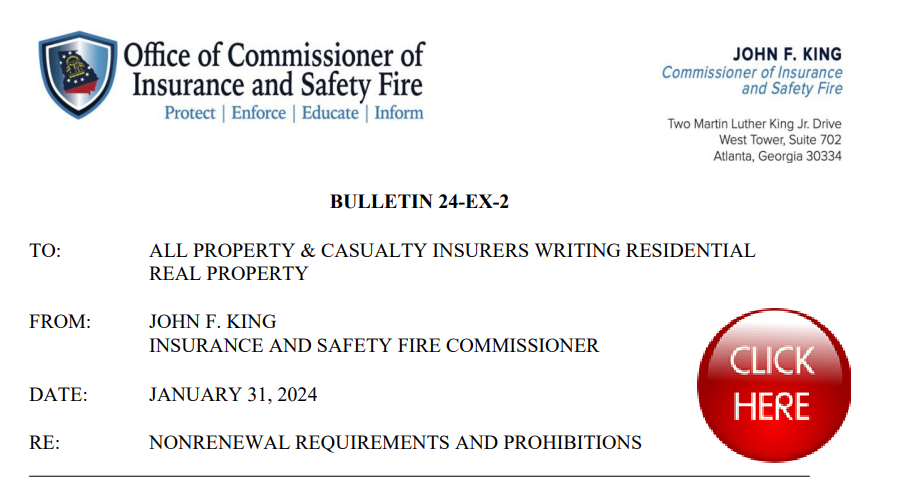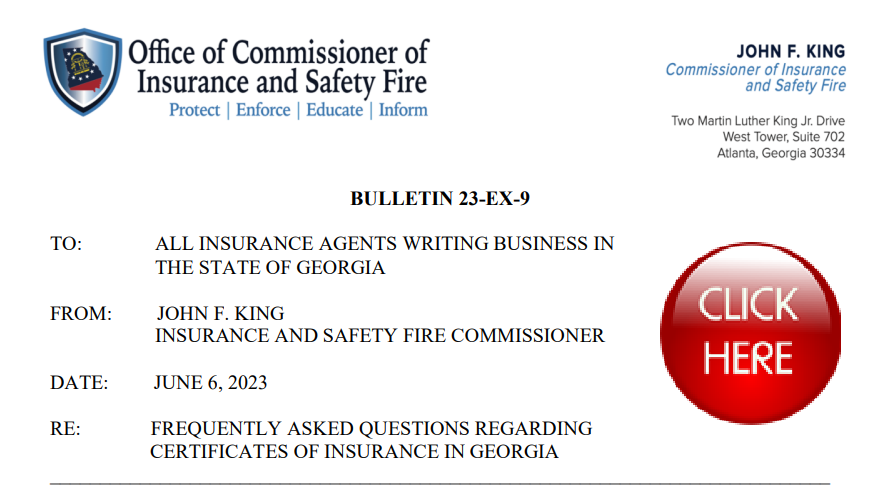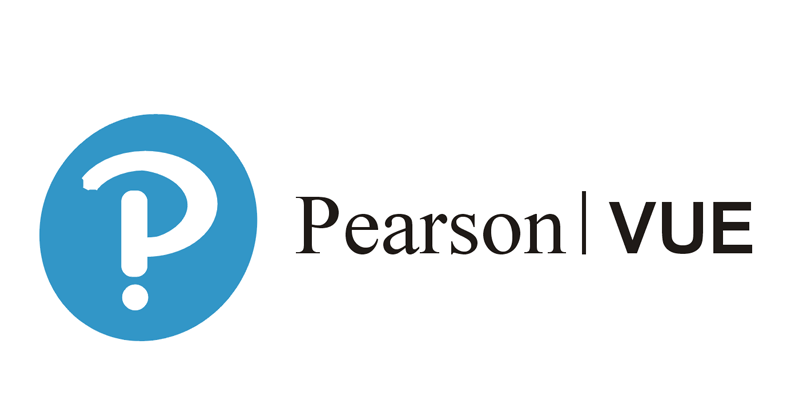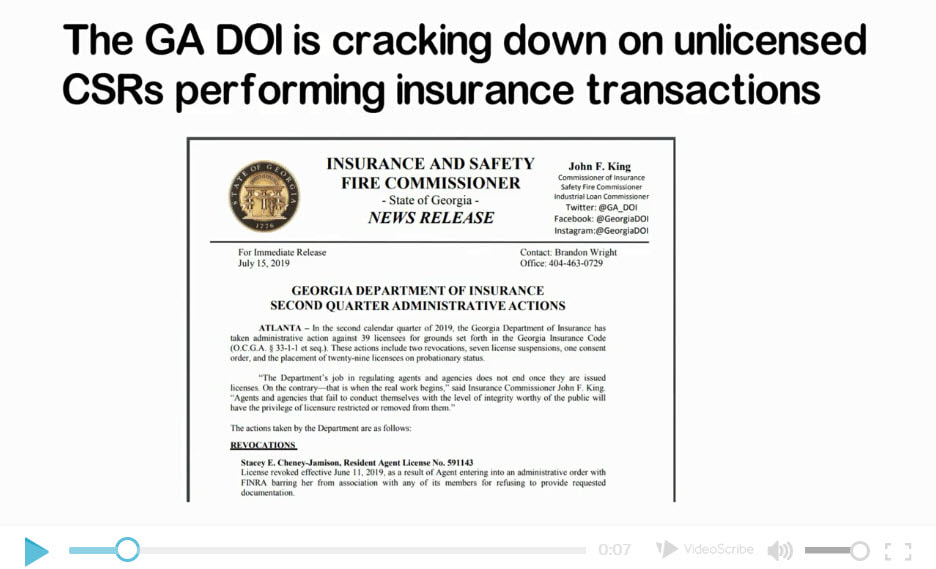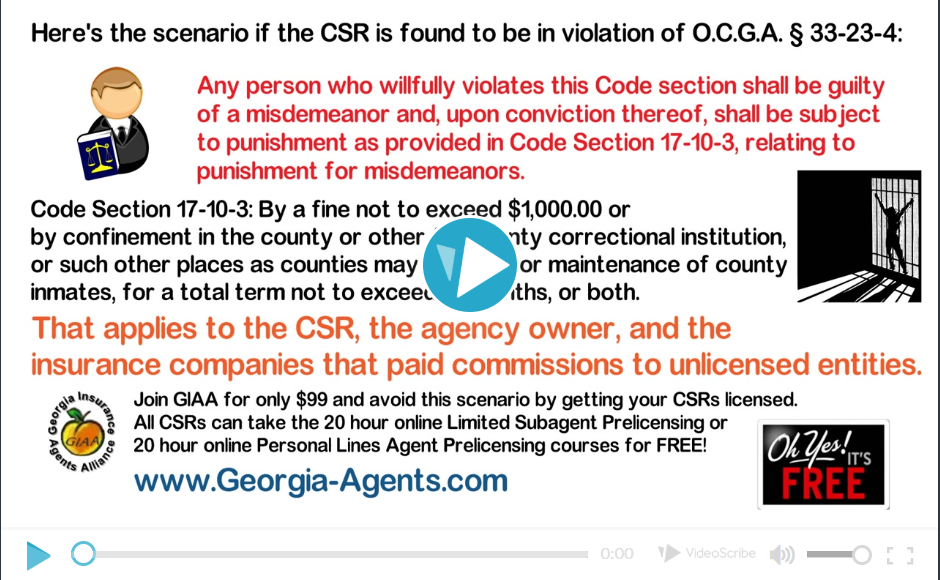|
Hi everybody! I just attended a luncheon hosted by the Latin American Association of Insurance Agents, Atlanta Chapter, where Commissioner John King was the guest speaker. I realized many agents across Georgia would be interested in hearing his comments.
So, I asked his permission to record him on my cellphone. In this video, I'll share some highlights and key takeaways from the event. Don't miss out on the valuable insights and important updates shared during the luncheon. Watch the video to stay informed and engaged! Feel free to share it with other insurance professionals. eke |
|
|
OCI CRACKING DOWN ON UNLICENSED AGENTS

Insurance Regulation Quiz (10 questions) |
Fighting Auto Insurance Fraud
|
Most misfortunes are the result of misused time.
The only luck in the world is the luck you create for yourself. Only in the casino are the odds in favor of the house. In real life, the odds always favor those who use their time wisely to pursue their goals constructively, to fill every day with a full measure of honest work. Bad luck befalls those who waste time and mental energy hoping for the big break that will propel them to greatness. We all have the same 24 hours available to us in each day. Most of us spend eight hours working and eight hours sleeping . What you do with the remaining eight hours will have a tremendous influence on the level of success you achieve in your life.
The only luck in the world is the luck you create for yourself. Only in the casino are the odds in favor of the house. In real life, the odds always favor those who use their time wisely to pursue their goals constructively, to fill every day with a full measure of honest work. Bad luck befalls those who waste time and mental energy hoping for the big break that will propel them to greatness. We all have the same 24 hours available to us in each day. Most of us spend eight hours working and eight hours sleeping . What you do with the remaining eight hours will have a tremendous influence on the level of success you achieve in your life.
Failure seems to be nature’s plan for preparing us for great responsibilities.
If everything we attempted in life were achieved with a minimum of effort and came out exactly as planned, how little we would learn — and how boring life would be! And how arrogant we would become if we succeeded at everything we attempted. Failure allows us to develop the essential quality of humility. It is not easy — when you are the person experiencing failure — to accept it philosophically, serene in the knowledge that this is one of life’s great learning experiences. But it is. Nature’s ways are not always easily understood, but they are repetitive and therefore predictable. You can be absolutely certain that when you feel you are being most unfairly tested, you are being prepared for great achievement.
If everything we attempted in life were achieved with a minimum of effort and came out exactly as planned, how little we would learn — and how boring life would be! And how arrogant we would become if we succeeded at everything we attempted. Failure allows us to develop the essential quality of humility. It is not easy — when you are the person experiencing failure — to accept it philosophically, serene in the knowledge that this is one of life’s great learning experiences. But it is. Nature’s ways are not always easily understood, but they are repetitive and therefore predictable. You can be absolutely certain that when you feel you are being most unfairly tested, you are being prepared for great achievement.
Great achievement is born of a struggle.
Our strength grows out of our weakness, said Ralph Waldo Emerson. “Not until we are pricked and stung and sorely shot at, awakens the indignation which arms itself with secret forces.” Strife and struggle can inspire you to overcome adversity and to propel yourself to real achievement. View every struggle as an opportunity for personal growth. It is the struggle itself, not the result that builds character. If you know you are right, stay the course even though the whole world seems to be against you and everyone you know questions your judgment. When you prevail — and you eventually will if you stick to the job — they will all tell you that they knew all along you could do it.
Our strength grows out of our weakness, said Ralph Waldo Emerson. “Not until we are pricked and stung and sorely shot at, awakens the indignation which arms itself with secret forces.” Strife and struggle can inspire you to overcome adversity and to propel yourself to real achievement. View every struggle as an opportunity for personal growth. It is the struggle itself, not the result that builds character. If you know you are right, stay the course even though the whole world seems to be against you and everyone you know questions your judgment. When you prevail — and you eventually will if you stick to the job — they will all tell you that they knew all along you could do it.
If it isn’t your job to do it, perhaps it is your opportunity.
Someone once observed that the reason we often fail to recognize opportunities is because they come disguised as problems. When a customer, a colleague, or your boss has a problem, it may create a valuable opportunity for you. It isn’t important to the person with the problem how your company is organized or whose responsibility it is to solve the problem; he or she only wants the situation resolved. The next time a customer, a colleague, or your boss asks for your assistance in something that falls outside your area of responsibility, instead of referring them to someone else, offer to help. Look at the situation from the other person’s point of view. How would you like the situation handled if the roles were reversed? Take the initiative to find the answer, solve the problem, or keep the project moving forward.
Someone once observed that the reason we often fail to recognize opportunities is because they come disguised as problems. When a customer, a colleague, or your boss has a problem, it may create a valuable opportunity for you. It isn’t important to the person with the problem how your company is organized or whose responsibility it is to solve the problem; he or she only wants the situation resolved. The next time a customer, a colleague, or your boss asks for your assistance in something that falls outside your area of responsibility, instead of referring them to someone else, offer to help. Look at the situation from the other person’s point of view. How would you like the situation handled if the roles were reversed? Take the initiative to find the answer, solve the problem, or keep the project moving forward.
A little job well done is the first step toward a bigger one.
Success is more of a process than an event. Great success is achieved after a long string of small successes. Most of us earn our stripes one step at a time, and we work our way up through the ranks. When we begin our careers, we are given assignments that are commensurate with our skill and experience. As we prove our worth to the organization, we are gradually entrusted with more responsibility and increasingly larger projects. As you assume responsibility for one position, do so with an eye toward the next one. Do your absolute best every day in your job, but always plan for the future. View each day as an opportunity to learn something that will make you more valuable to the company or organization so that when the time arrives for promotions, your name will be the first one that comes to your boss’s mind.
Success is more of a process than an event. Great success is achieved after a long string of small successes. Most of us earn our stripes one step at a time, and we work our way up through the ranks. When we begin our careers, we are given assignments that are commensurate with our skill and experience. As we prove our worth to the organization, we are gradually entrusted with more responsibility and increasingly larger projects. As you assume responsibility for one position, do so with an eye toward the next one. Do your absolute best every day in your job, but always plan for the future. View each day as an opportunity to learn something that will make you more valuable to the company or organization so that when the time arrives for promotions, your name will be the first one that comes to your boss’s mind.
There always remains an opportunity to make a new start.
Though it may not seem so when you first encounter a serious blow, you can never lose two of the most important assets you have. These are the power of your mind and your freedom to use it. Once you have turned them to understanding what laid you low, you can begin forming new plans. You may not have the money you once had; you may lack the allies you had cultivated. But you still have the benefit of a universe that eventually rewards honest effort, as well as gaining the experience of mistakes you will never make again. Remember, no matter where you are now, whatever you can conceive and believe, you can achieve.
Though it may not seem so when you first encounter a serious blow, you can never lose two of the most important assets you have. These are the power of your mind and your freedom to use it. Once you have turned them to understanding what laid you low, you can begin forming new plans. You may not have the money you once had; you may lack the allies you had cultivated. But you still have the benefit of a universe that eventually rewards honest effort, as well as gaining the experience of mistakes you will never make again. Remember, no matter where you are now, whatever you can conceive and believe, you can achieve.
|
Attention: Georgia Agents! 24 hours CE for $24 or join GIA for $99 per year and it's free for all agency staff!
Have you enjoyed at least 24 hours of Edu-Tainment? If yes, you are welcome to take the Final Exam Otherwise, continue to Lesson #2: Modern Family |
Georgia OCI |
Georgia OCI |

